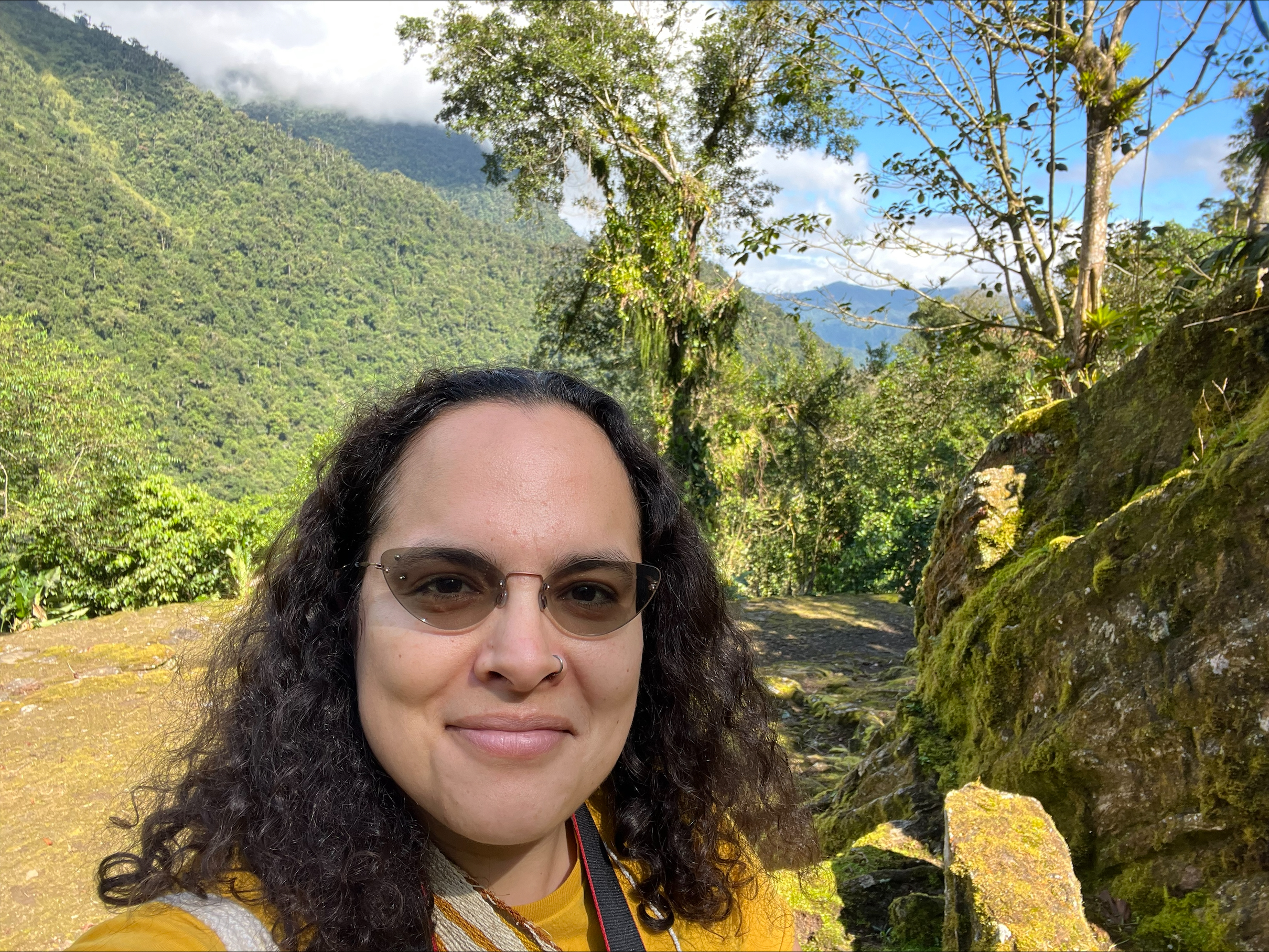Graduate Student Spotlight | Catalina Chiquillo

"I chose Hood because I loved the ceramics program offered there and the fact that it is close to my house."
Catalina Chiquillo, MFA in Ceramic Arts
Department
- Art & Archaeology
Catalina Chiquillo is a current graduate student in Hood College’s MFA in ceramic arts program and is in the process of completing her thesis project. A native of Colombia, Chiquillo moved to the U.S. when she 20 years old and has been working professionally as a high school teacher in the local area. Her educational background is in psychology and ceramic arts. We spoke with Chiquillo about her experiences in the ceramic arts program as well as the process of completing her thesis.
Can you discuss your educational and career background as well as why you chose our program?
I have a Bachelor of Arts in Psychology, a master’s in ceramics and an MFA. I have been a high school teacher for a year, and I love it, so this is going to be my career path.
I was born in Colombia and moved to the U.S. when I was 20 years old. I have been in MD for six years. I chose Hood because I loved the ceramics program offered there and the fact that it is close to my house.
As a student in an advanced academic program, do you have a certain mindset or learning style that has helped you grow during your studies?
I like to be as hands on as possible. I need to be able to touch the material to understand its characteristics. Also, I am a visual learner.
What do you currently enjoy the most about being at Hood College and how do you think it does or will help you in your career and life?
The ceramic program’s facilities are spectacular. I love the wood kiln here! I hope to teach ceramics later. Also, the upper classes helped me develop my writing skills and critical understanding.
Can you explain your thesis and how it applies to your future teaching approach or methodology?
My thesis is about establishing connections with Mother Nature. It is a love letter made for my son and his generation. I want these kids to remember to spend time in the natural world and to be grateful, patient, loving and compassionate.
Can you provide a brief excerpt of your thesis?
The three sisters are one of nature’s most significant examples of reciprocity. Indigenous communities have a methodic way of planting their crops because they understand that plants benefit mutually. They grow beans, corn and squash next to each other. Corn provides support for the beans to climb on. In exchange, the beans give nitrogen to the corn, a crucial element for its survival. Lastly, they plant the squash, and as it grows on the ground, it feeds from the nitrogen, preserves moisture and creates a barrier for weeds to grow.
What advice would you like to give to either your peers or an undergraduate who may be considering taking their education to the next level?
Be prepared for the amount of work required in grad school. Be as organized as possible and find a good mentor that will be by your side to cheer you on.
Inspired by Catalina’s accomplishments and ready to #GOFURTHER in your career? Learn more about Hood College’s graduate programs by clicking here.
Are you ready to say Hello?
Choose a Pathway
Information will vary based on program level. Select a path to find the information you're looking for!
